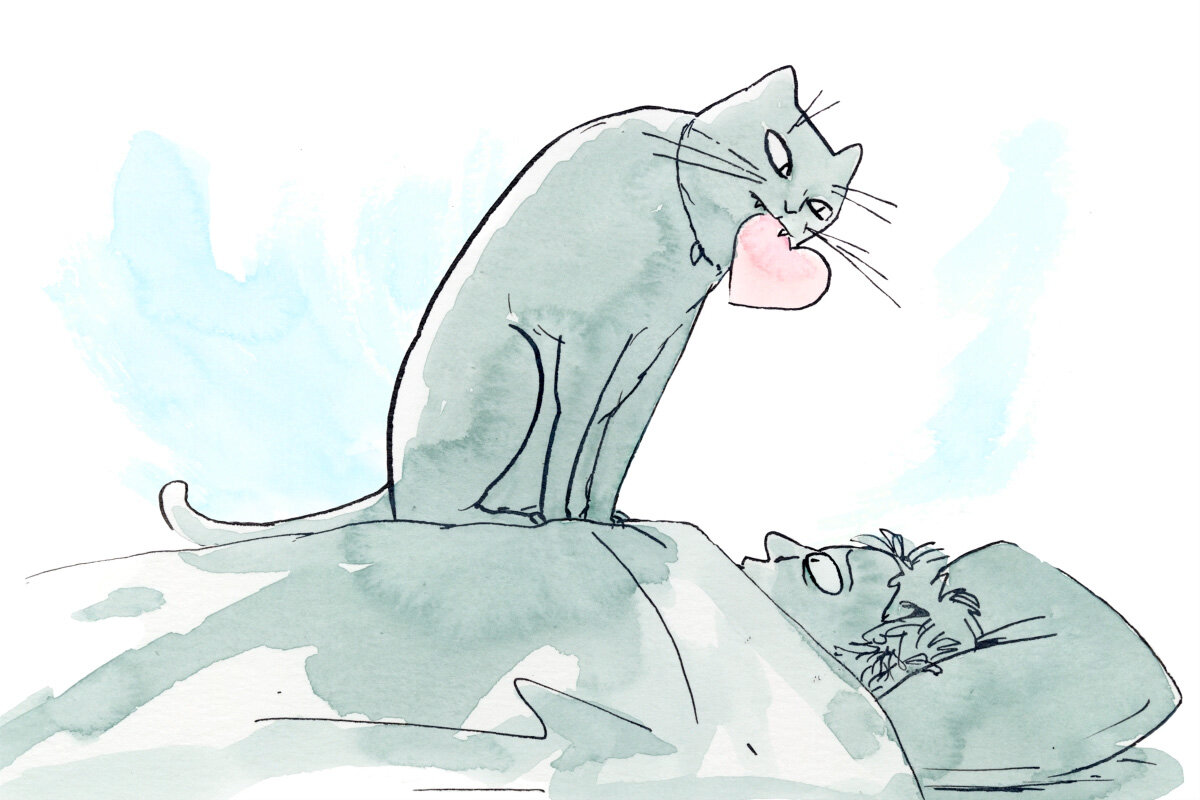Cats are more social than they are often given credit for. Can you help yours access its inner dog?
This article is part of our Pets special section on scientists’ growing interest in our animal companions.
Over the last two decades, a flurry of scientific studies have demonstrated, over and over again, that dogs are social savants, highly attuned to human cues.
But even as canine cognitive science flourished, few researchers bothered to probe the social skills of cats. After all, dogs were descended from the social gray wolf and had been intentionally engineered to perform specific roles alongside humans. Cats, on the other hand, were descended from the solitary African wildcat and had not been under the same selective pressure from people. They were viewed as antisocial and also, for good measure, uncooperative, making them unappealing research subjects.
In recent years, however, a handful of undeterred scientists have produced a small body of research suggesting that we have underestimated cats’ social skills, and that interest is growing. “I see more and more papers each year,” said Kristyn Vitale, an animal behavior scientist at Unity Environmental University in Maine. “We’ve just got a lot of catching up to do.”
Dr. Vitale, who has three cats of her own, often collaborates with Monique Udell, the director of the human-animal interaction lab at Oregon State University. Dr. Vitale spoke to The New York Times about their research — and about her dream study of cat cognition.
The following has been edited and condensed for clarity.
What do people tend to get wrong about cats?
The biggest thing that I see is people stating that cats are not social creatures, or that social interaction isn’t important for cats. Cats are really flexible with their social behavior. So it’s highly individual, and based off the cat and their personal experiences.
